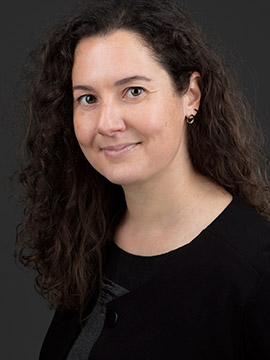We live in an era of constant change where the rapid and marked evolution of digital technologies is forcing both organizations and individuals to rethink how they operate, reinvent themselves, and go digital. The success of organizations depends on the ability of its members to constantly learn and adopt different digital tools such as social networks, mobile applications, cloud computing, data analytics, the Internet of Things, artificial intelligence, machine learning or blockchain networks.
People not technologies enable successful digital transformations. It is therefore essential that organizations, as well as the individuals within them, understand the challenges ahead and are able to assess their digital competencies.
While there are a few recent tools aimed at assessing digital competencies or innovation culture, the majority of these tools cover limited/partial aspects of key aspects related to digital transformations or are not suitable for easy and effective use by organizations.
To address this gap, the ESG+ research team partnered with the Canassurance Blue Cross team to develop a digital competencies self-assessment tool for individuals to assess their digital competencies and practices related to digital culture.
The partnership between ESG+ and Blue Cross as well as the collaboration with the CIRANO team allows us to offer you free access to the "DCI Self-Assessment - Digital Competencies Index" tool.
This self-assessment is done through an online questionnaire covering the following dimensions :
- Digital Literacy.
- Digital self-efficacy and inventiveness
- Collaborative work in the digital age
- Digital adaptability and flexibility
- Information Literacy - Analytical Maturity
- Digital Hygiene







